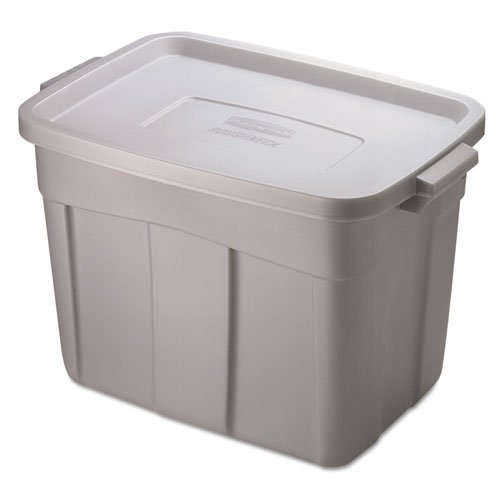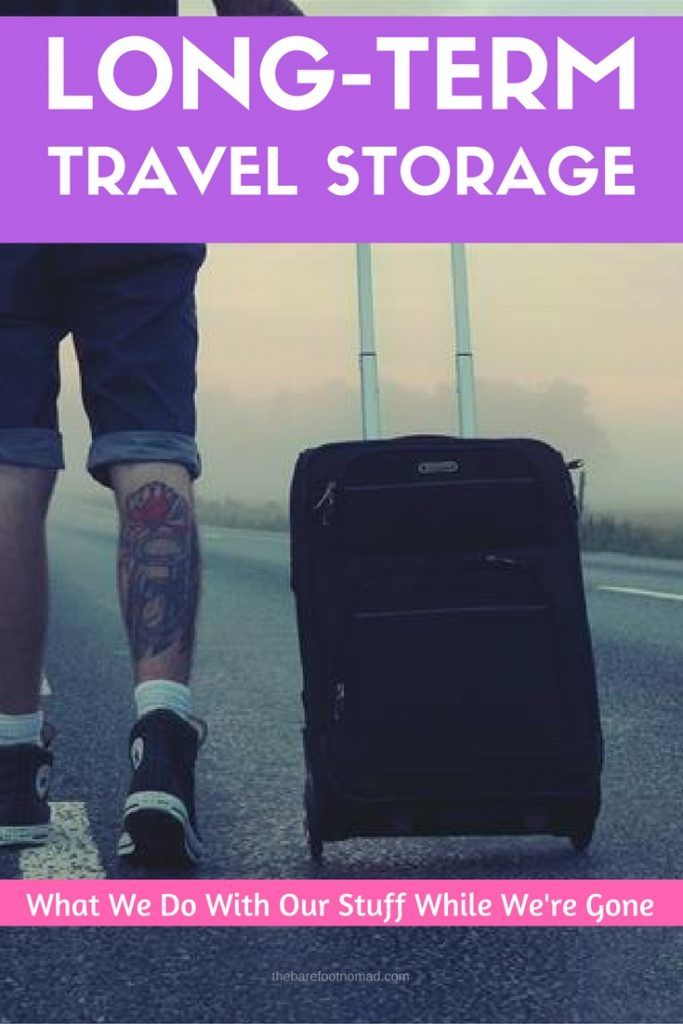
As much as Charles and I would like to go whipping about the globe at a moment’s notice, the reality of it is a bit different. Exactly two kids, a cat and a house full of stuff different.
The kids? Easy. They come with us. The cat? A eight hour drive and he’s rolling in catnip on Grandma’s floor.
But, our stuff is a bigger problem. What on earth do we do with all our stuff when we’re on an extended trip? We’ve got some great tips for long term travel storage that have worked for us in the past.
Give it away
Give it all away or sell it. This may work if we didn’t plan to return, or if we didn’t have anything with sentimental value or worth keeping. We just have too much stuff right now. It would be way too much expense and bother to replace everything in six months or a year when we come back. We do try to get rid of unnecessary stuff before we leave, to minimize what we have to store. For bigger items like furniture, we put ads on Craigslist or Kijiji. Smaller stuff sells really well at a garage sale. It’s amazing what people will buy at a garage sale.
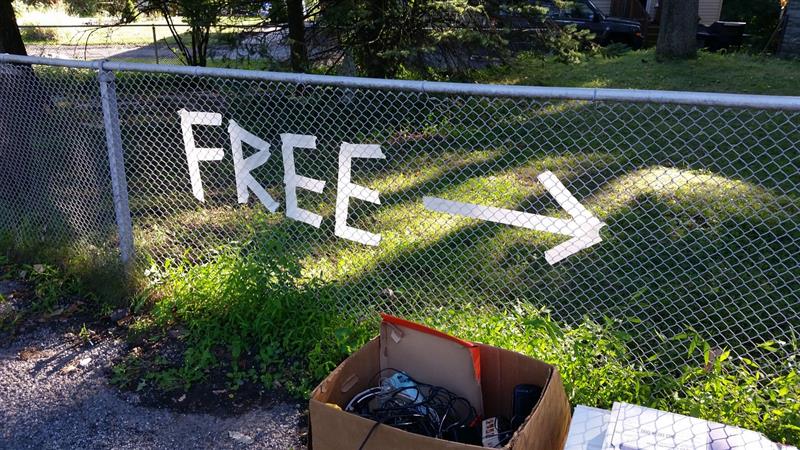
Let’s not move a darn thing, and rent out our place fully furnished
Tempting, but there are a few problems. We still need to find storage for our personal stuff and anything especially valuable. There’s also always a danger a renter will trash our furniture. A rental agreement also locks us into a specific return date. We like to be able to return when we want. Sometimes life throws curve balls at us (like a couple of vicious bouts of e. coli in the Philippines) and we come back earlier than planned. Being without our stuff while we’re travelling isn’t a big deal, but being a block away from home and having to rent another place while our stuff is being used by someone would be a hassle.
Hey buddy, do you have room in your basement?
The problem with asking our friends is that they have as much crap as we do. Everyone has too much stuff. Not only do our friends not have room for our crap, they barely have enough room for their own. We’ve done this in the past and have even tried sharing the load between several friends. It usually only cost us a nice bottle of alcohol or a 24 of beer, but these days it’s not really an option. There are advantages to being young and poor.
Umm… Dad… Can we use your garage?
Advantage: Cheap.
Disadvantage: Irritated parents.
Believe it or not, hogging Dad’s garage for a couple of years started to wear on the man. Who knew? Plus, now that we’ve moved across the country, Dad’s garage is a 24 hour drive away. Not so convenient.
Let’s just rent our garage!
We’ve done this in the past and it had its pluses. We rented the garage in back of the house we were staying at the time. A couple of beers later, we and a few friends had moved everything out of the house and into the garage. The owner was thrilled to be making a couple of extra bucks on rent and we didn’t have to hire a moving company, rent a U-Haul or even a trailer.
That stint turned out fine for us in the end except that we had to nearly trash the garage door to get it to open the following winter. We also decided at the last moment to leave our more expensive items at a friends.
The biggest negatives were a constant worry about potential problems with security, rodents, bugs and water damage. That brings us to professional storage lockers for long term travel storage.
Storage lockers. Safe and secure.
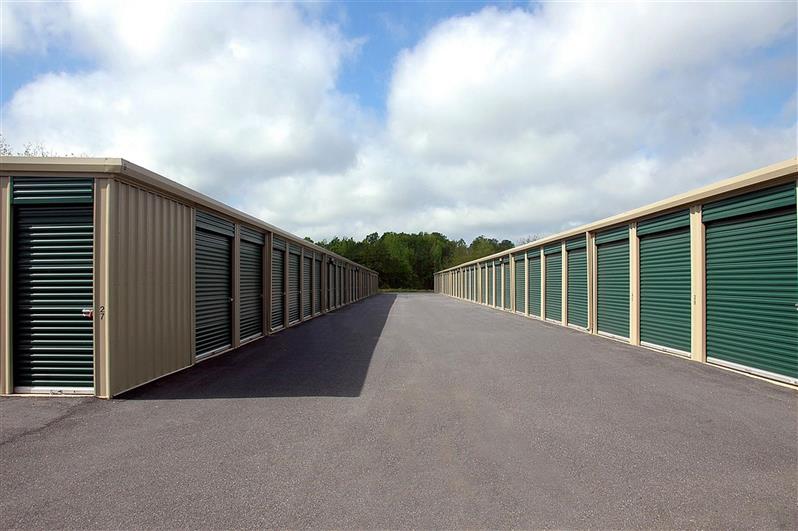
It currently runs about $220 a month to store all of our stuff in an indoor, heated place. We have enough stuff to fill a small three bedroom house, so if you have less, it’d be cheaper. It definitely hurts to pay over $1,300 for six months of storage. Overall, though, the advantages outweigh the cost. In the past we had fewer things and got away lucky paying around the $40 per month.
Disadvantages: Storage lockers cost money. We have to arrange to schlep our stuff from our house back and forth to the storage. We can’t store food, or any dangerous items like fireworks in a storage locker. We have to arrange for a new place to rent when we come back. There’s a slight danger of theft, bugs, flooding or rodents for extended travel storage.
Advantages: We can come back anytime. Since we use an excellent, secure, indoor storage facility, our stuff is fairly safe from rodents and bugs. Our family and friends still talk to us when we return, since we haven’t worn out our welcome by storing our crap at their place for the past year.
Tip! If you use a reputable storage company, you can even store your stuff in a climate-controlled climate. You don’t have to worry if your stuff is safe and secure. You can even easily extend your storage period if you decide to travel longer, or pull your stuff out of storage quickly if you need to.
Once you find your ideal storage rental, consult this storage unit size guide to find out which unit size is ideal for your needs
Car storage. Field, barn or a lot of gravel
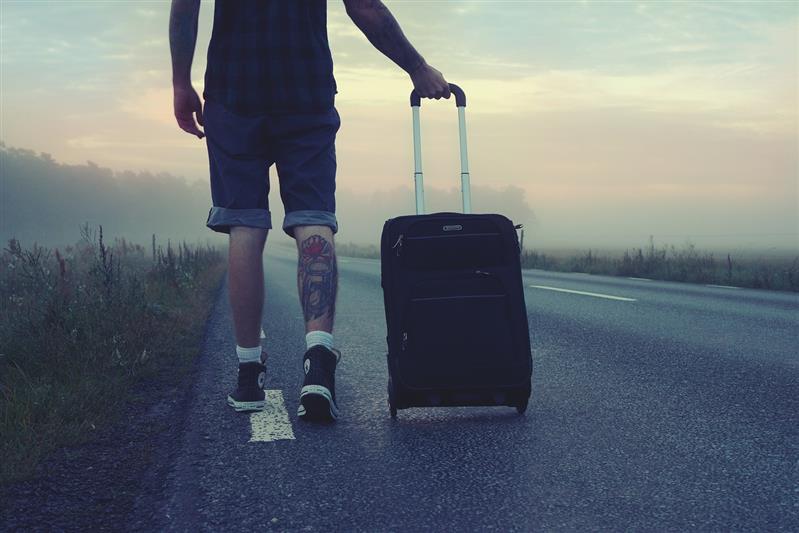
We’ve always stored our vehicles outside when we travel. Twice we returned home to find our car a bit chewed up by mice, and with mouse turds here and there.
We discovered the mouse turds the last time when Jordan asked why there were chocolate sprinkles on her car seat. Eww! We need to either pony up for indoor storage or invest in some mousetraps. Lots of mousetraps.
We spread mothballs around the car (instead of inside where the smell tends to linger long after you’ve taken them out) but that had no effect. We were smart enough to remove all the food from the car, but I think that just angered the mice. They decided to nibble on any places our hands rested, including our turn signals and window controls. Now, we wash everything in our car before we go.
If you’re in a tizzy about what to do with your vehicle, we’ve gone into a lot more detail about your options in this post.
Insurance issues and why it could matter
Wherever we keep our stuff, we make sure that we have some sort of insurance on it. Since we already have tenant’s insurance (or home insurance, when we owned a house), we just arrange to continue coverage. Our insurance companies have never had a problem changing the location of our tenant’s insurance to a friend or family member’s place.
There are often clauses in insurance policies that prohibit storage in separate garages (we had to keep insurance on the entire property when we rented the garage). Storing stuff in different locations can leave some belongings either uninsured or insured under a friend or relative’s insurance policy.
Keeping it safe
On top of insurance, we always try to think about things like rodents, bugs, heat or cold, and water damage.
Off the floor and wick no more
Water damage is especially bad. Always store your stuff off the floor, either on shelves, or propped up on top of some boards. If there’s a water leak or flooding, your belongings will probably be safer a few inches off the ground. We learned the hard way. The humidity level at our cabin was so high that condensation formed on our cold cement floor in the garage and wicked up into some of our boxes. Not only was some of our stuff ruined, but we had to deal with mold (nasty stuff!).
Storage boxes or boxes for, well, storage
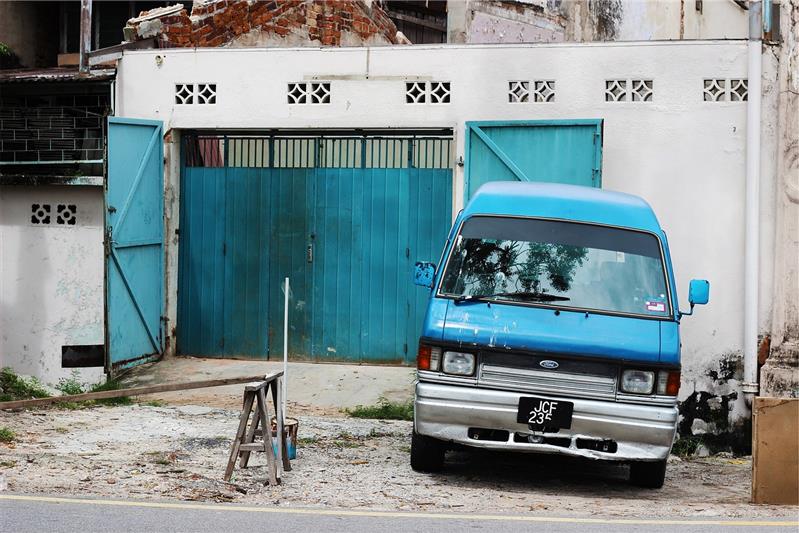
Another option is to always put your plastic containers at the bottom with everything on top of them. We’ve done this several times without problems. The year we left our stuff in the garage we waited for a great sale on large plastic containers (we bought a dozen 18 gallon Rubbermaid Roughneck storage boxes) and put all our clothes and odds and ends in them. With only so much room in the garage we placed these on the ground and loaded stuff on top of them. As long as the box is full it’s very sturdy and if you have to stack you can easily put 4 on top of each other. You can usually find good deals on these type of containers and we usually grab a few here and there as we go. The nice part about them is that they also stack great when they’re empty!
Cold. It is Canada after all
Since we live in Canada, we have to worry about our stuff freezing in the winter. The trick is to find affordable temperature-controlled storage. Possible cold damage could include glue going brittle on furniture, de-lamination on certain tables (we had this happen with some Ikea tables), electronics failing (probably more a humidity issue than cold), anything with a liquid in it (children’s toys like chew toys, toys with a liquid in them, canned food, liquid detergents, soda and drinks including beer, wine and anything with a low alcohol content). In the past, we’ve managed to bring a few boxes loaded with food and drinks to friends places. One time we came back and for some reason our alcohol box was a lot lighter. Perhaps that should be added to the negatives of storing with friends or relatives.
Heat. It’s not just an Al Pacino movie
Though we wish we had the fortune of living in such a warm climate as to worry about excessive storage heat, we’ve never had that as a possible issue. It would seem logical that a lot of the pieces affected by extreme cold would also be affected by heat. In extremely hot climates, heat can warp and melt. Heat can also dry out items. Brittle fabric and carpet, shrunken or melted plastics and even fire are possible in high heat, low air circulation areas.
Are those critters included in the rent?

Another issue we worry about is rodents or bugs. Both bugs and rodents look for nice places to hide during cold winter months. While you’re off gallivanting having the time of your life, you need to keep the critters from having the time of their lives in your belongings.
Keeping stuff off the floor and in storage boxes definitely helps, but we’ve found the main attraction for bugs and other critters is food. We make sure any opened food goes in the garbage before we leave (it would probably go bad before we get back anyway), and that non-perishable food is in an airtight container. We always make sure that sugar, flour or any dried pasta get sealed in their own containers and then packed into a large plastic storage container with a lid on it. We’ll often ensure that something heavy goes on top of it just in case the lid opens. Most storage places will insist that no food is stored in your container, which is probably for the best.
We’ve found that cedar planks or chips stored with your clothes keep them smelling nice and help keep moths away. Making sure that there are no unnecessary openings for mice or bugs to get into your storage area is wise as well. A 2×4 or plank of wood across the front of a garage door sill will help seal it off. We always unplug anything in the garage, and block windows off with wood (or at least covering them with something) to keep any direct sunlight or peaking eyes from ruining our stuff. Covering mattresses and furniture with plastic help keep dust and dirt off.
Knock on wood
Over the years we’ve heard a few horror stories related to long term travel storage problems. Thankfully, we haven’t run into many ourselves. Besides for the odd furniture scratch while moving, the container with a liquid we forgot about, the spoiled food that should have been tossed to begin with, the few boxes that got a little too much moisture under and a few bite marks on our turning signal switch in the truck, we’ve done well. We’ve stored our stuff in almost every type of place or container and had minimal damage.
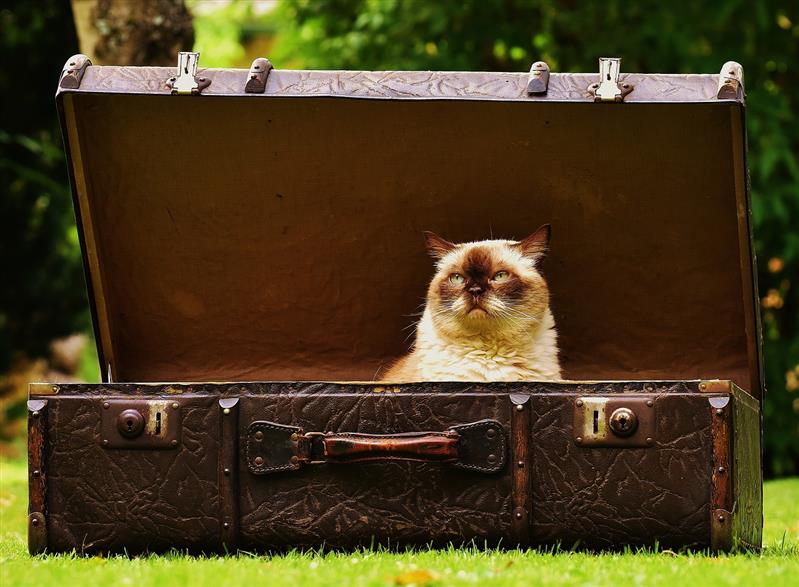
It is just stuff and stuff we can often live without
Is your stuff getting in the way of your next great adventure? Some of our greatest travels have been with the sole idea of getting away from it all. And stuff is definitely included in that all.
If that won’t do it, consider that you’re about to travel for months on end with just a backpack or a suitcase. You’re obviously willing (and perhaps eager) to leave it all behind. I can guarantee you one thing in that scenario. The minute your stuff is packed away and you’ve jumped on your plane, train, bus or boat you’re going to wonder why you needed all of it in the first place.
Happy travels!


